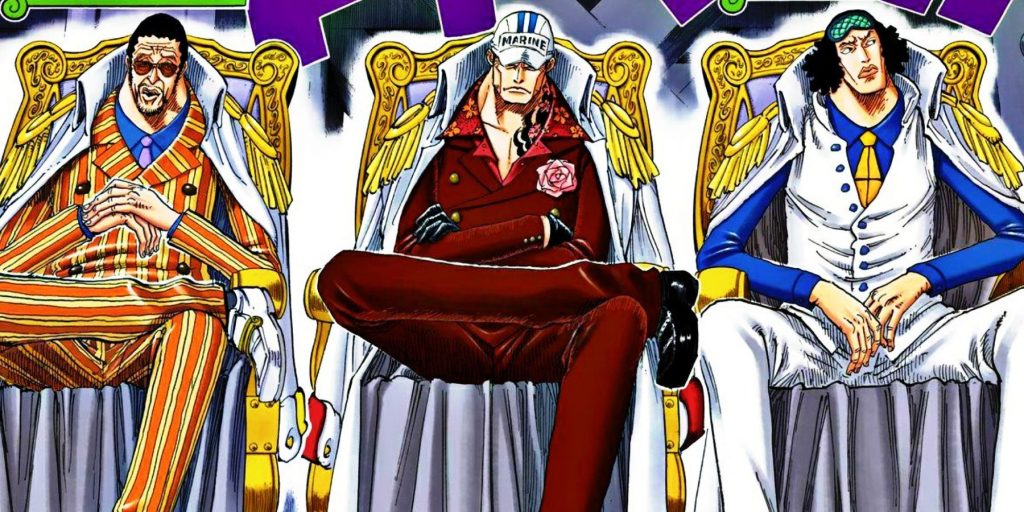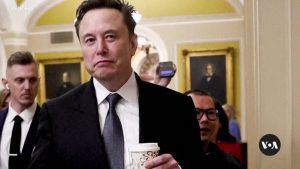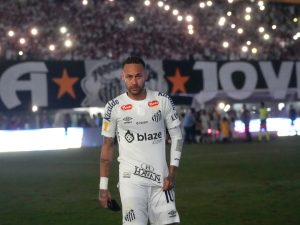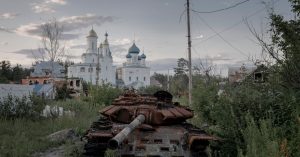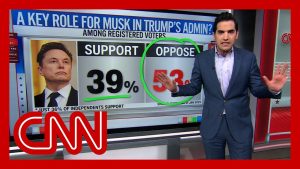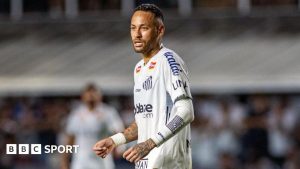Summary
- Lazy Justice: Kuzan’s evolution from “Burning Justice” to “Lazy Justice” after seeing the flaws of extreme actions.
- Unclear Justice: Borsalino’s easygoing yet ruthless approach where personal beliefs are overshadowed by orders.
- Humane Justice: Issho’s balanced approach prioritizing capturing criminals while protecting innocent lives and fighting corruption.
Justice is conceptually giving everyone what they are owed, whether it’s punishment, restitution, or whatever other treatment is appropriate for individuals when taking into account their actions and circumstances. For the World Government’s marines, that mostly tends to mean weighing what actions must be taken when it comes to dealing with criminals.

Related
One Piece: Usopp’s Pop Greens, Ranked
A ranking of Usopp’s various pop greens; seeds which rapidly grow into a variety of wild plants.
Although certain forms of justice are popular among the marines, most notably its predominant motto of “Absolute Justice”, each man to have held the position of admiral during One Piece has a separate philosophy when it comes to carrying out their justice. Oda has confirmed the upheld justice of numerous marines, including the admirals. Oda does not explicitly share what every single justice entails, but the actions and ideals of the various admirals are clarified and distinguished enough from one another that fans can understand the general meaning behind each justice. These are the types of justice held by all five men to have been ranked admiral thus far in One Piece.
5
Lazy Justice
Aokiji’s Justice
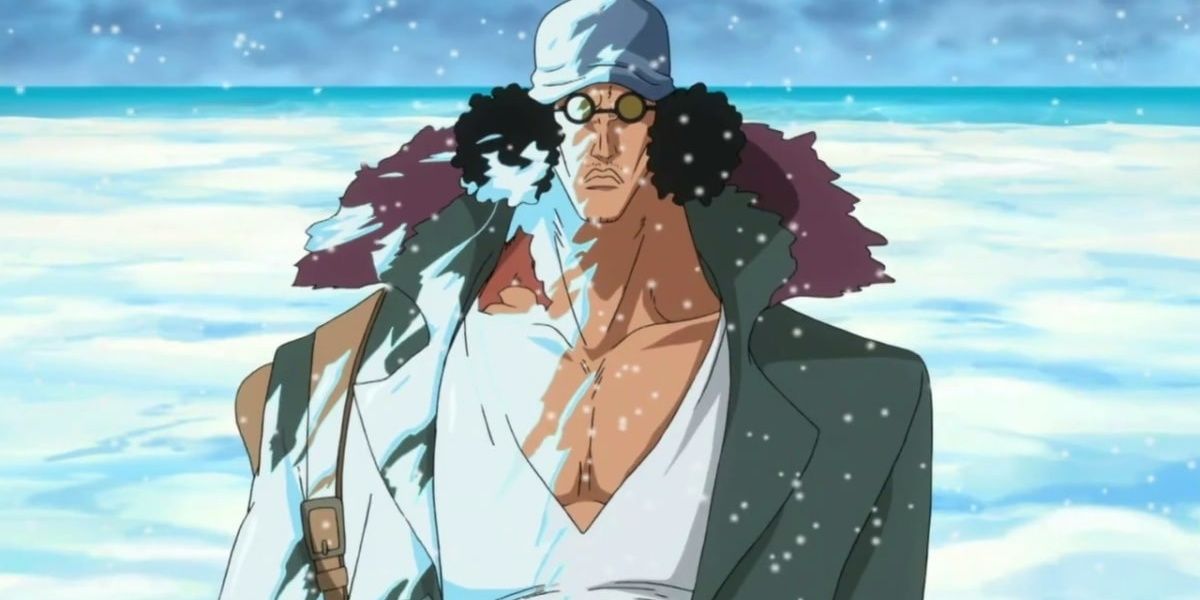
- Revealed in SBS Volume 64, Page 66 / Chapter 629
Kuzan was a marine for many years, despite apparently not holding the organization in high regard. He previously followed a philosophy of “Burning Justice” which presumably was more aligned with the marines’ motto of “Absolute Justice.” This misleading term means any extreme action can be justified, as long as it achieves its goal of “wiping out evil.” Kuzan grew to observe the flaws of this justice during the Ohara Incident, where virtually the entire population of Ohara lost their lives, in what was an attempt to eradicate a group of non-violent scholars. Kuzan also believed he killed his friend, Vice Admiral Jaguar D. Saul during this incident, and decided to let Nico Robin live, as he thought Saul gave his life to protect her.
His philosophy evolved into “Lazy Justice”, a belief that justice was rarely worthy of much effort. Despite his laziness, his time spent training under the legendary Vice Admiral Monkey D. Garp, made him powerful enough to become an admiral. Although he had shown himself to be stronger than the Straw Hat Pirates, he also maintained a desire to see Nico Robin free, and ultimately did not apprehend any of the crew.
After failing to gain the position of Fleet Admiral, Kuzan defected from the marines, securing a position as one of the Ten Titanic Captains in the Blackbeard Pirates. Despite being a high-ranking member of one of the most ruthless pirate crews in the series, it is heavily implied his own philosophy and moral compass is intact. How it aligns with his current actions remains to be seen.
4
Unclear Justice
Borsalino’s Philosophy
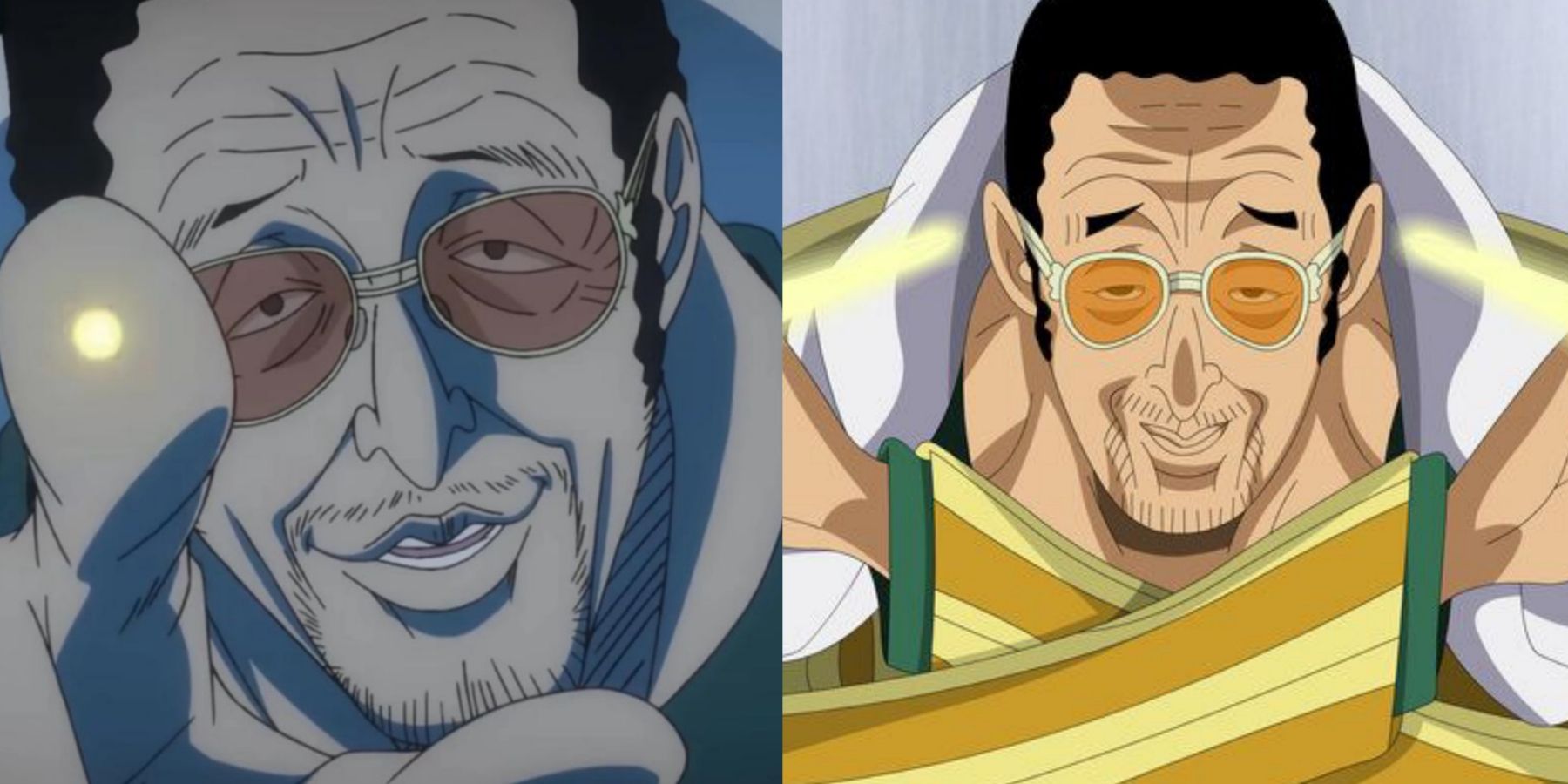
- Revealed in SBS Volume 64, Page 66 / Chapter 629
Borsalino, or Kizaru, as he is often called, is the only marine admiral to maintain the position after the timeskip, notably being the only one from before the timeskip not to seek the rank of fleet admiral. He is a fairly easygoing man who nonetheless takes his job quite seriously. He mixes his ruthlessness with a calm, somewhat absentminded demeanor that tends not to break against even the most frightening of foes. As a light-powered Devil Fruit user, it is perhaps appropriate to note that his justice is merely a reflection. In the SBS where Oda reflects upon the justice upheld by each admiral, Borsalino’s is conspicuously unexamined beyond its name. This is likely because his innate sense of justice factors little into the philosophy he carries.
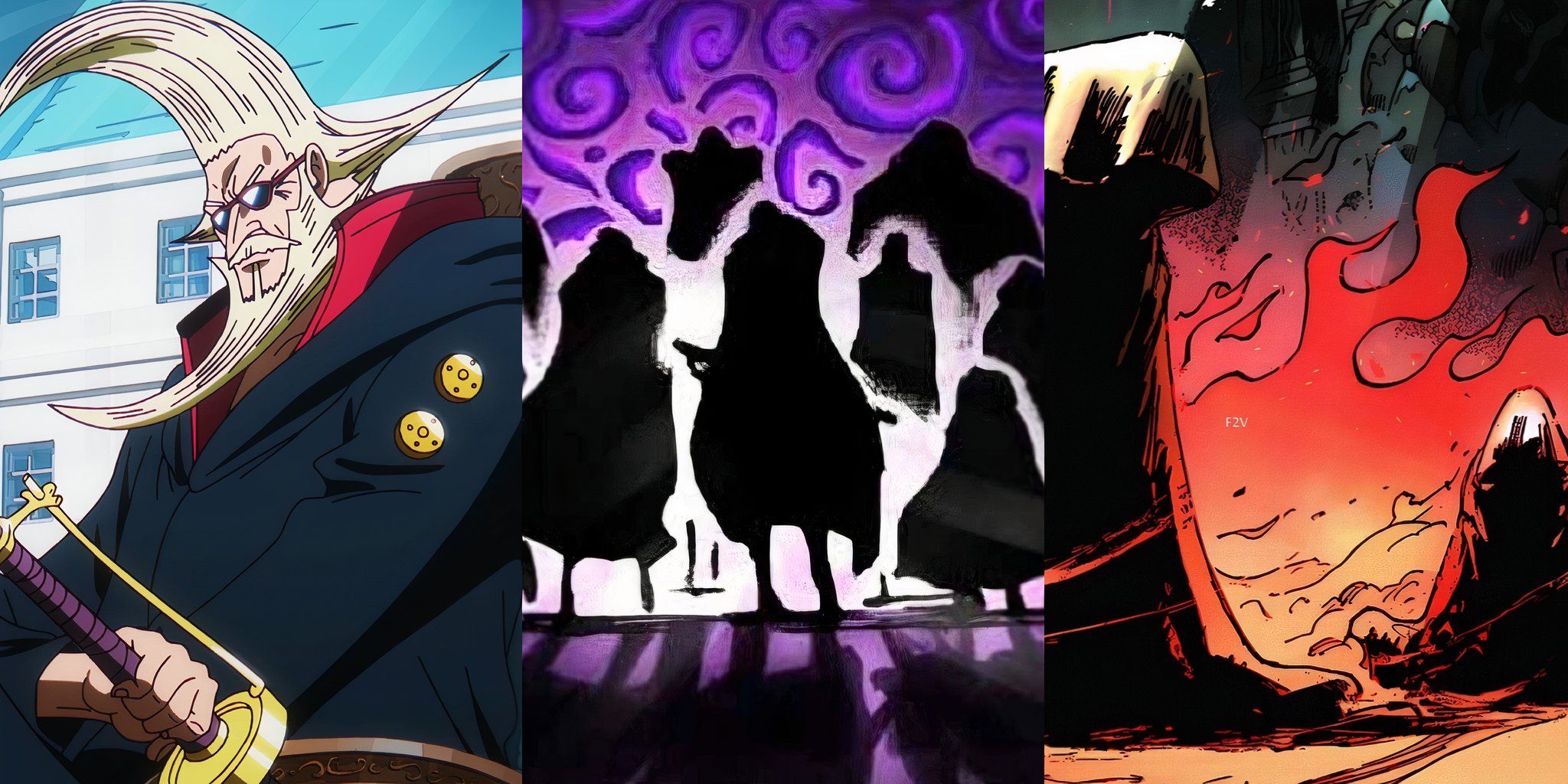
Related
One Piece: 5 Things We Know About God’s Knights
More facts about this mysterious group are steadily becoming known.
Borsalino is not without his own being. He was visibly broken after being ordered to kill his longtime friend, Dr. Vegapunk. Yet the actions that led him to do so reflect his “Unclear Justice” where orders seemingly supersede any personal beliefs or attachments.
He is somewhat more relaxed than most stereotypical extreme marines, but this too seems a reflection of his inclination to simply carry out his mission rather than affix his own ideals to it. It is likely this philosophy that allowed him to reach his current rank, yet also prevents him from seeking a higher station. While he may not always like them, Borsalino shows a willingness to follow orders down to the very last letter. It is this philosophy combined with his own strange behavior that seems to make his justice so unclear.
3
Thorough Justice
Sakazuki’s Philosophy
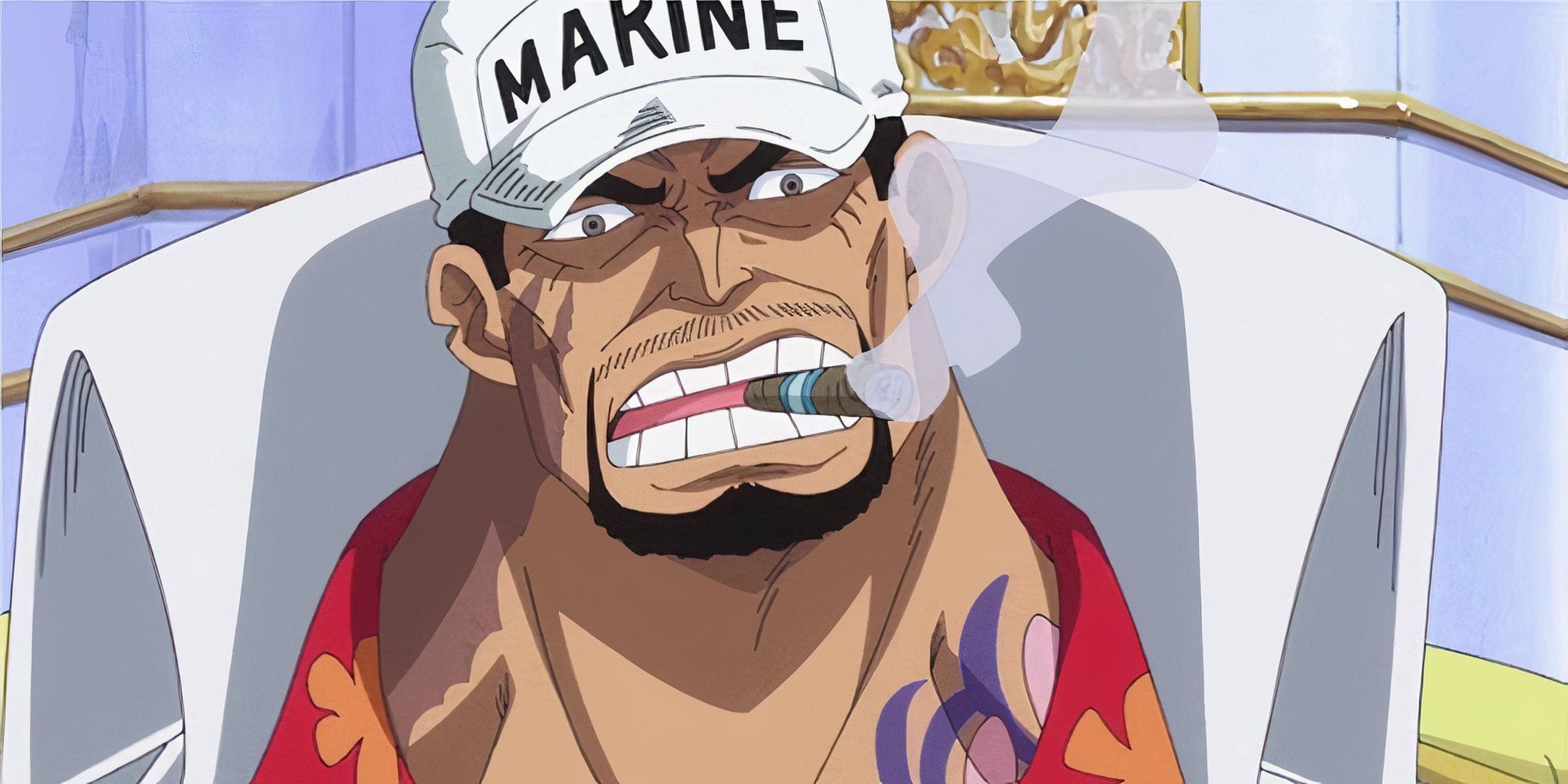
- Revealed in SBS Volume 64, Page 66 / Chapter 629
Fleet Admiral Sakazuki, otherwise known as Akainu, was a mere marine admiral two years ago. He notched the promotion after successfully defeating Kuzan in a lengthy duel. He is perhaps the most extreme marine, showing a willingness to commit genocidal actions that will result in the deaths of innocent bystanders as long as it wipes out evil. During the Ohara Incident, he even targeted a ship escaping the island, on the chance a criminal had stowed away.
Sakazuki is shown to despise criminals on a level beyond most other marines, a hatred which extends to their relatives, regardless of how criminal they actually are. His own extremism tends to hurt more people than it helps, but as long as he hurts the right people, he seems to mind, with it simply an application of his “Thorough Justice.” He is despised by some of his own colleagues for how ruthless he is, with Kuzan and Garp sharing a negative opinion of his actions. He is also concerned about the dignity of the marines, apparently believing a strong public image is necessary.
Despite his apparent loyalty to the World Government, he is indifferent, and at times even aggressive towards those it serves, up to and including the World Nobles. He is shown to have a fairly negative relationship with the Five Elders, and dislikes the bureaucratic structures that keep pirates like Donquixote Doflamingo from facing what he perceives to be sufficient punishment. Although his future actions are unclear, he likely would remove any sort of check or balance keeping him from enacting his own justice, if possible. His promotion to fleet admiral likely means further atrocities will be committed by the marines in the not so distant future.
2
Humane Justice
Issho’s Philosophy
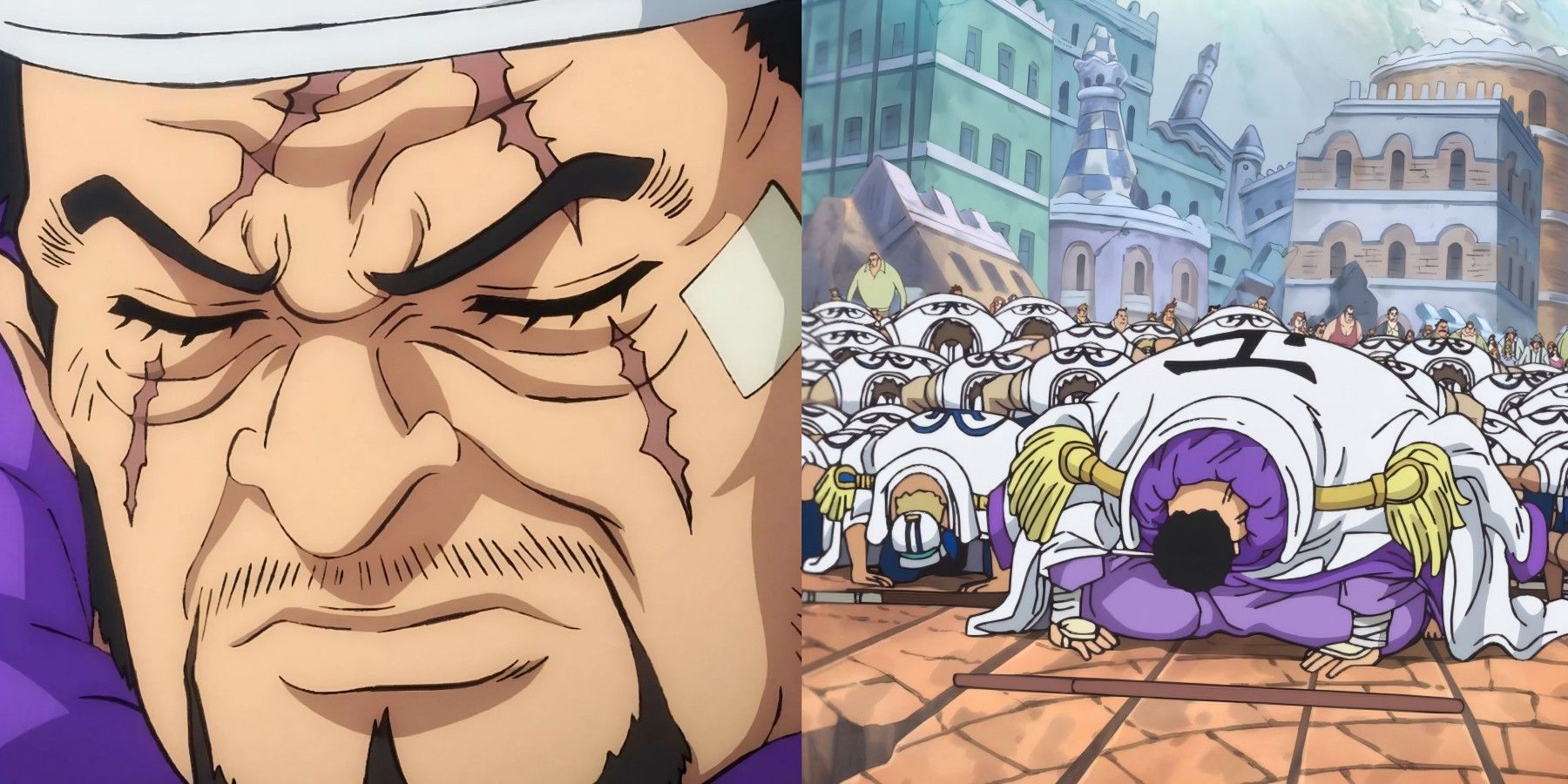
- Revealed in SBS Volume 106, Page 164 / Chapter 1074
Admiral Issho, or Fujitora, had a history which has been alluded to at various points. He notably blinded his eyes out of a hatred for the injustice he saw in the world. He was formerly a military chief in the Aoi Kingdom, which he was thought to have aided in the destruction of. Oda also identified him as having been a war criminal, with the World Government apparently being cognizant of this fact. He later worked as a bodyguard after continual losses in a gambling house on Soja Island. Likely due to his history and great promise as both a fighter and leader, he was promoted to the rank of admiral upon being drafted into the marines.
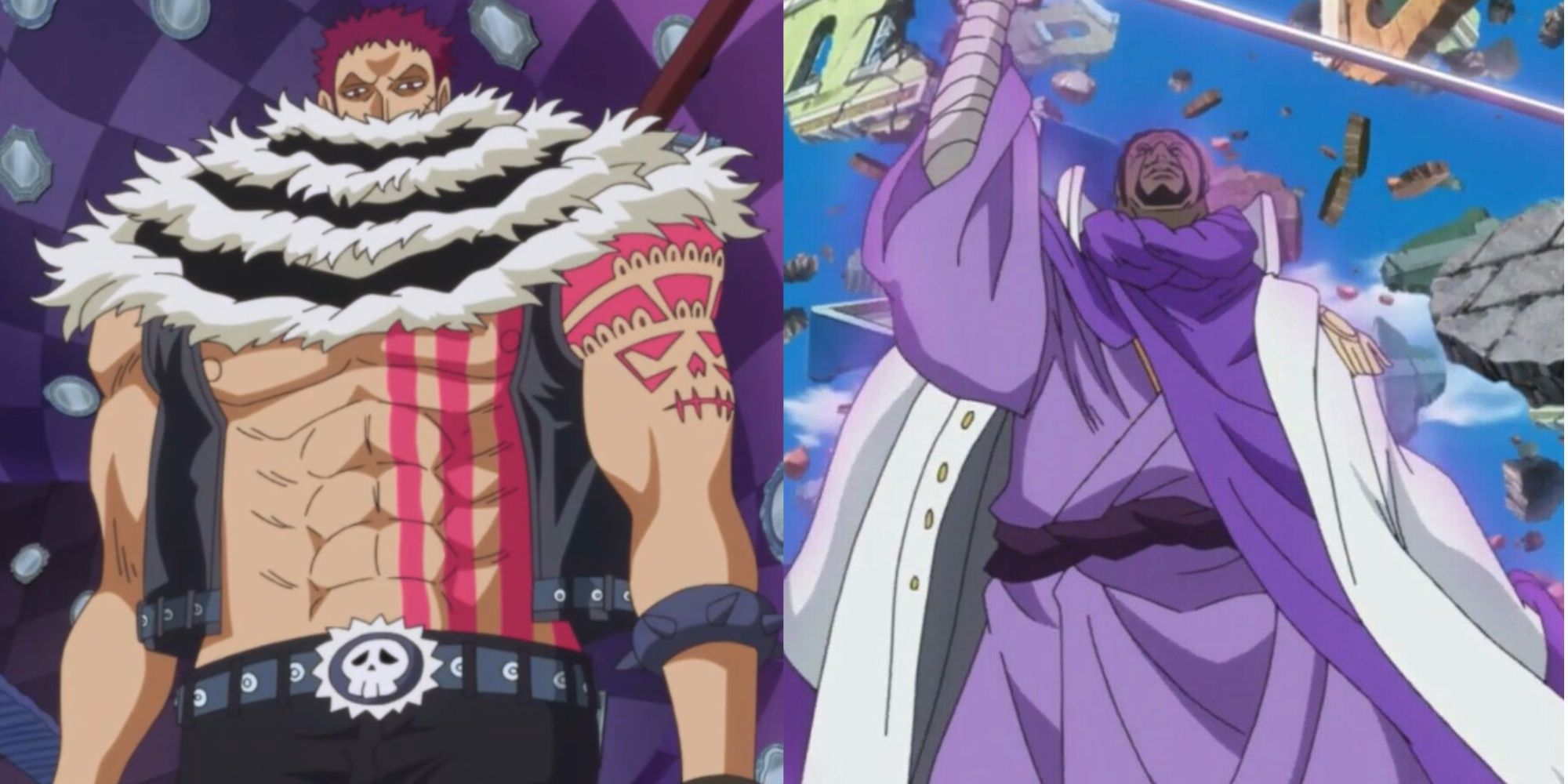
Related
One Piece: Villains Who Could Aid Luffy
Luffy has accepted help from former foes in the past, and these old enemies may become more examples of this occurrence.
Despite being fairly new to the position, he has no hesitation about using his authority in the exact way he sees fit. Issho’s justice moderates a goal of capturing criminals, with an effort to keep innocent lives safe, resulting in a “Humane Justice.” This extends beyond the mere apprehension of criminals. Issho is willing to prostrate himself, leading the marines in an apology to King Riku of Dressrosa, for the role the World Government played in Doflamingo’s coup to take the kingdom. He is also notably positive towards Monkey D. Luffy, despite him being a pirate, due to his goofy and heroic nature.
Issho is not above countering corruption in the World Government. With the support of Riku and Cobra, he spearheaded the charge to abolish the Seven Warlords of the Sea, as most pirates in the role were essentially enabled by the government to commit crimes that were swept under the rug. He was also willing to aid the Revolutionary Army, an anti-government organization, in their efforts to free slaves owned by World Nobles, showing a level of basic decency that comes before his work. Issho is much more willing to uphold justice beyond merely the scope of the criminals he confronts.
1
Determined Justice
Aramaki’s Justice
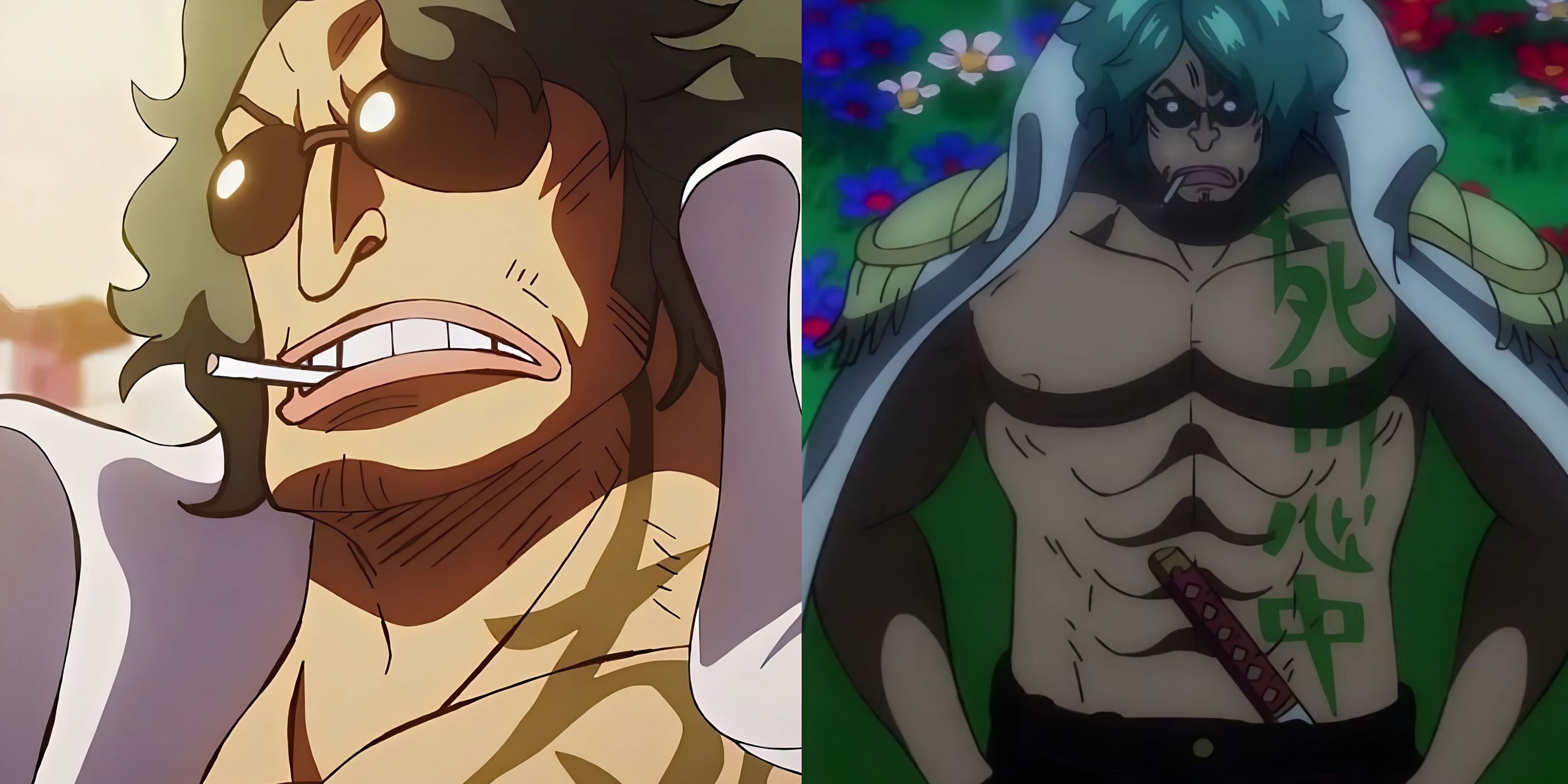
- Revealed in SBS Volume 106, Page 164 / Chapter 1074
Admiral Aramaki, or Ryokugyu as he is otherwise known, is another recent addition to the marines, alongside Issho. He is an ex-cop from Taya Kingdom who was imprisoned due to “a major incident involving a woman.” Yet he was released by the World Government, who drafted him and readily promoted him to admiral, due to his admittedly impressive strength.
Although presently the least fleshed-out of the marine admirals, what is known of his “justice” makes Sakazuki’s views look reasonable and moderate by comparison. Aramaki is vocally in favor of systemic oppression, believing stronger countries and more authoritative people should do whatever they want with their weaker counterparts. While most marines at least entertain the idea of “good” and “evil” factoring into their preferred justice, Aramaki transparently seems to view power and authority as a substitute for morality. He appears to proudly view his role as an oppressor, believing his enforcement of military might helps bring order to the world. Appropriately, he is extremely supportive of World Nobles, believing them to be genuine gods. He notably attacked Fujitora for his efforts in supporting the escape of their slaves, seemingly because slaves are powerless by definition.
Ironically, he is also willing to defy his direct superiors, believing he knows better. He notably disobeyed Sakazuki’s orders not to do anything unnecessary in Wano, and even tried to cover up the fact he was doing so upon being questioned. His willingness to both defy marine orders yet attempt to uphold the organization’s greater agenda can be seen as “Determined Justice.” He will do anything up to and including potentially risking his own life, as long as he can deliver justice on his terms. That said, he will relent when faced with a foe he knows he may lose against, such as Shanks or Kaido. As a sort of extension of “Absolute Justice”, he seems to see his defiance of orders itself as a means to an end, and one his strength gives him the luxury to carry out.



